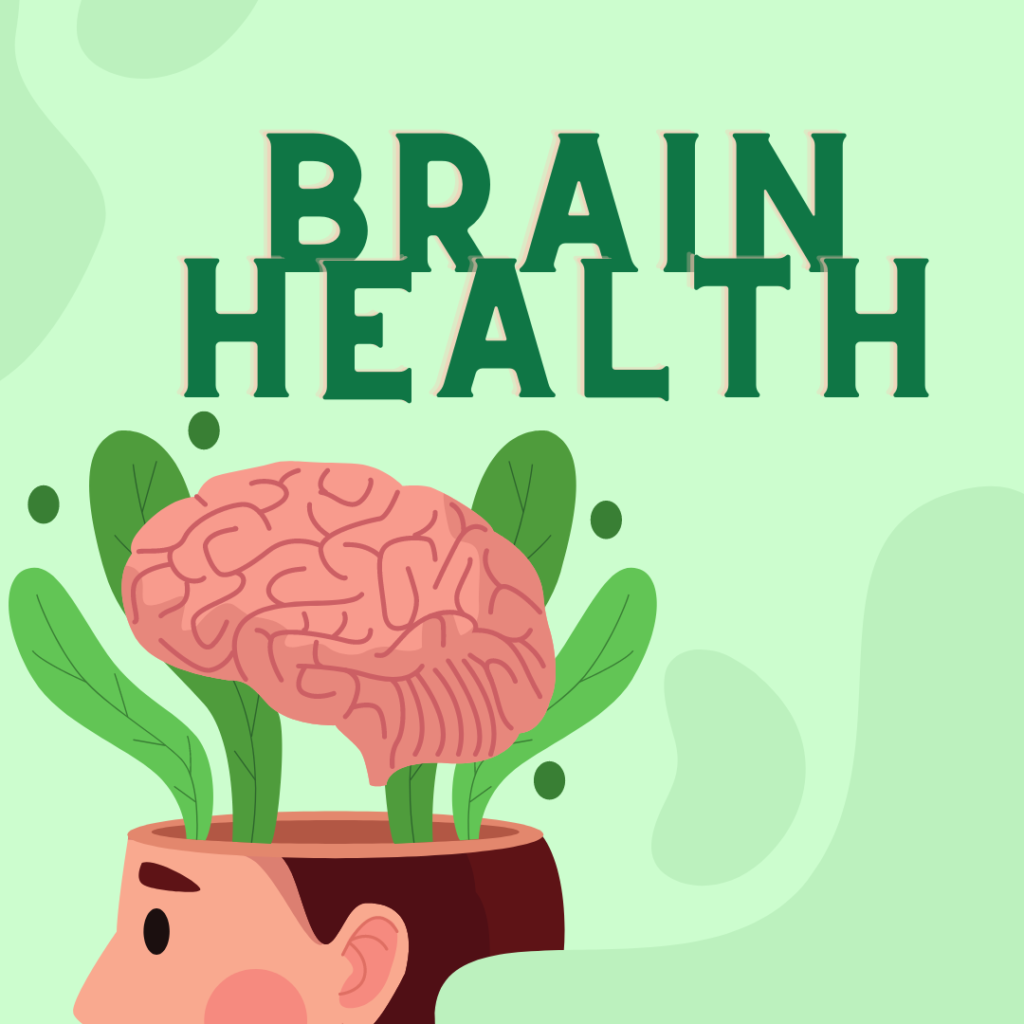
A new study first published in the Frontiers of Neurology Journal, led by researchers at the McCance Centre for Brain Health, Massachusetts, US, has revealed and validated a Brain Care Score (BCS) card, now making it possible for people to understand what they can improve to achieve a healthier brain.
The innovative scorecard assesses various health and lifestyle aspects, offering insights into a person’s risk for developing dementia and strokes.
The study results, and notes on how the scorecard works, were documented in a recent article published by Harvard Health.
Lecturer in Neurology at Harvard Medical School, Dr Andrew Budson, Boston, said the scorecard is the first of its kind, and is designed to predict how current habits may influence future brain health.
“It’s a real service that the researchers have developed a scale like this and completed the first study to determine if scoring worse on this scale raises your risk for dementia and stroke,” said Dr Budson.
So, how does the BCS work?
The BCS is a comprehensive assessment tool that evaluates 12 physical, lifestyle, and social-emotional domains.
These domains encompass crucial factors that contribute to overall brain health, including:
- Physical Components – Blood pressure, blood sugar, cholesterol, and body mass index (BMI);
- Lifestyle Components – Nutrition, alcohol intake, smoking, aerobic activities, and sleep; and
- Social-emotional Factors – Stress management, social relationships, and meaning in life.
Each domain receives a score ranging from zero to two, with higher scores indicating better brain care.
Evaluating habits and lifestyle factors across the domains, allows an individual to gain valuable insights into their brain health and potential risk factors for developing dementia and strokes.
The study analysed data from nearly 399,000 adults aged 40 to 69 years who contributed health information to the UK Biobank. Over an average 12.5 year follow-up period, the researchers observed a striking correlation between BCS’s and the incidence of dementia and strokes.
As such, participants with higher initial BCS ratings demonstrated significantly lower risks of developing dementia and strokes over time.
These findings underscore the importance of how a healthy lifestyle and making healthy choices affects brain health and overall wellbeing.
It is important to note however, improving your BCS isn’t solely based on reducing your risk of dementia and strokes – it’s about enhancing the overall quality of your life.
By prioritising key areas such as nutrition, physical activity, stress management and social connections, you can optimise your brain health and vitality.
The scale’s breakdown of health factors makes it easy to focus on tweaking one or two factors without getting overwhelmed.
However, Dr Budson emphasises the most important factor which he believes most improves brain health, is focusing on the meaning of life, by giving deep, quite thought to what your purpose in life is.
“Once you have a purpose, then you have a reason to follow through with assessing all the other items on the BCS scale, and seeing what you can do, so you’ll be around longer, and be competent and capable longer, to help fulfil the meaning and purpose of your life,” Dr Budson said.
To read more on the scorecard, head to: https://www.health.harvard.edu/blog/how-well-do-you-score-on-brain-health-202402023012
